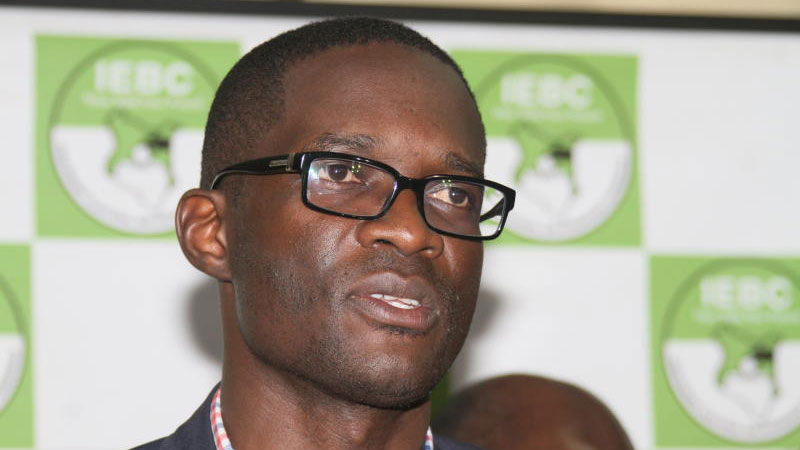×
The Standard e-Paper
Home To Bold Columnists

The suspended Independent Electoral and Boundaries Commission Chief Executive will not be accessing his work place any time soon.
Yesterday, the Employment and Labour Relations Court Judge Stephen Radido asked Ezra Chiloba to stay out of office for three months, awaiting the outcome of the audit into procurement of key election materials in last year’s General Election.